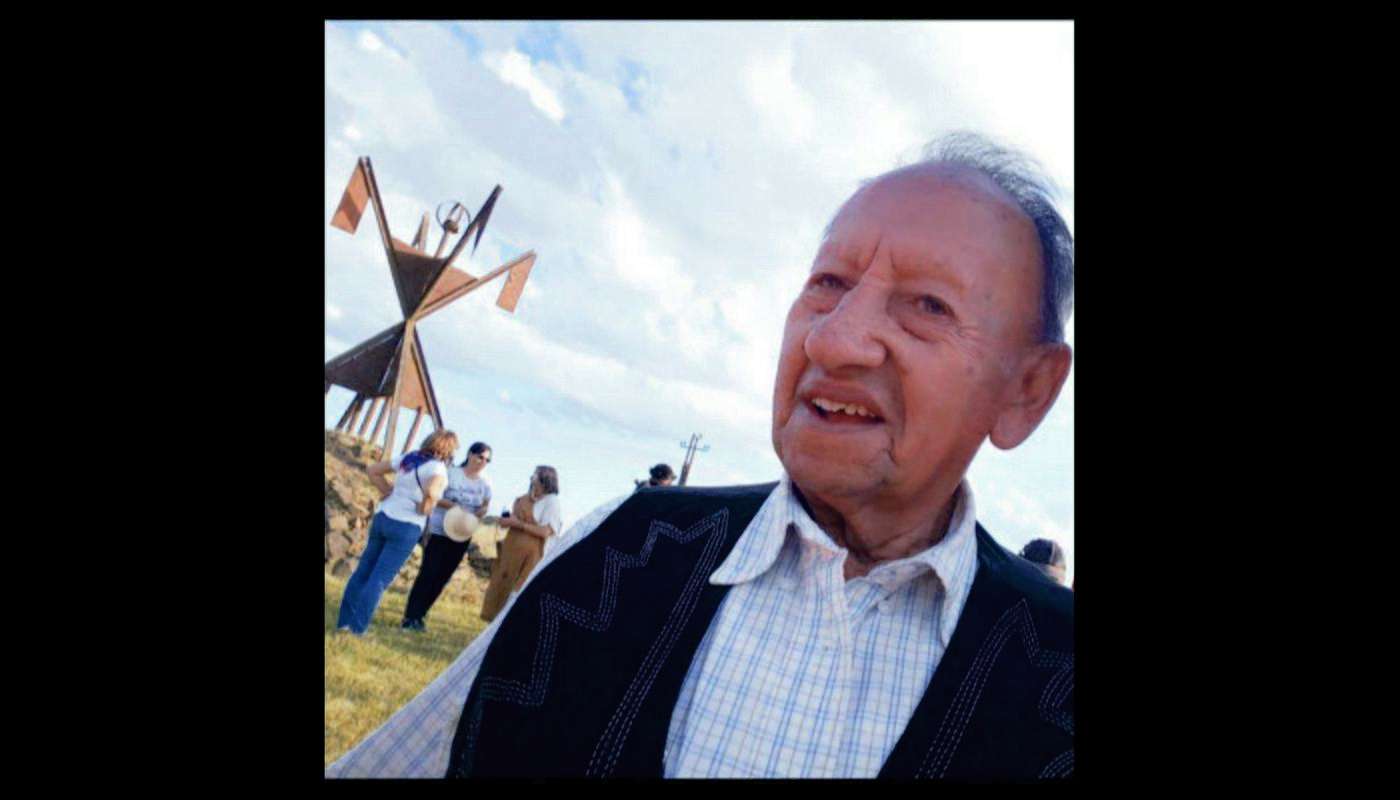Poverty Rate in India Drops Below 5% First Time Ever as Rural-Urban Divide Shrinks
While India contains several of the world's largest cities, there are still 1.8 rural Indians for every 1 urbanite.

What do you do if you're the last person who speaks an indigenous language that reveres silence? That's a fine pickle to find yourself in, and for the last speaker of Chaná in Argentina, it was time to finally speak up.
Chaná, correctly called ‘Lanték' is part of the Charruan language family, and according to the New York Times reporting on the phenomenon of the resurrection of Lanték, it's a quiet, throaty sort of language that requires far more manipulation of the back of the mouth rather than the front.
Mr. Blas Jaime, an Argentine from the province of Entre Ríos, was already retired and 71 years of age when he decided to go and seek out someone with whom he could chat in his mother tongue. But years of keeping a low profile and speaking only Spanish obscured the fact that there were no other people to chat with-in that moment, and without a shadow of a doubt, Blas Jaime was wielding a dead language.
At a certain critical moment in South American history, Jaime attended an indigenous fair, and was invited by the organizers to tell his story. From that moment, he realized he could never stop talking, realizing the ancient heritage of his people depended on it.
He was featured in several documentaries, dozens of newspaper reports, he delivered a TedTalk, he spoke Chaná in a children's cartoon to raise awareness of the language, he put his words and face on a coffee brand, and he delivered a speech in Lanték on an artist's Instagram account which rung out over loudspeakers all over Buenos Aires.
But most importantly, he spent years working with a linguist Pedro Viegas Barros to create a dictionary which now has over 1,000 Chaná words, as well as an index of Chaná rituals and folklore.
His work has attracted the attention of UNESCO, which devotes a large amount of its time, staff, and budget to preserving and celebrating diversity of language around the globe-thousands of which, like Lanték, are at risk of becoming extinct.
"People have to be committed to making it part of their identity. These are completely different grammatical structures, and new ways of thinking," Serena Heckler, a program specialist at the UNESCO regional office in Montevideo, Uruguay's capital, told the Times' Natalie Alcoba.
Different ways of thinking is a good way to put it, because for people like Mr. Jaime, his identity as a native speaker, owing to the disgraceful legacy of colonialsim, involved keeping a low profile.
"It was passed down from generation to generation: Don't cry. Don't show yourself. Don't laugh too loudly. Speak quietly. Don't say anything to anyone," said Evangelina Jaime, Mr. Jaime's daughter, who learned the language from him and now teaches it to others.
Speaking to Alcoba and the Times, Evangelina said that in their peoples' culture, women were the keepers of memory and stories, but Blas' mother died without a daughter to whom to pass to torch, so she taught everything to Blas instead. He is now referred to as Tató Oyendén, or custodian of the ancestral memory.
She teaches online to a mixture of academics and individuals from Argentina and Uruguay who believe they may be descendants of colonialized Chaná people.
SHARE This Intriguing Story Of A Language Resurrected From Silence…
Be the first to comment